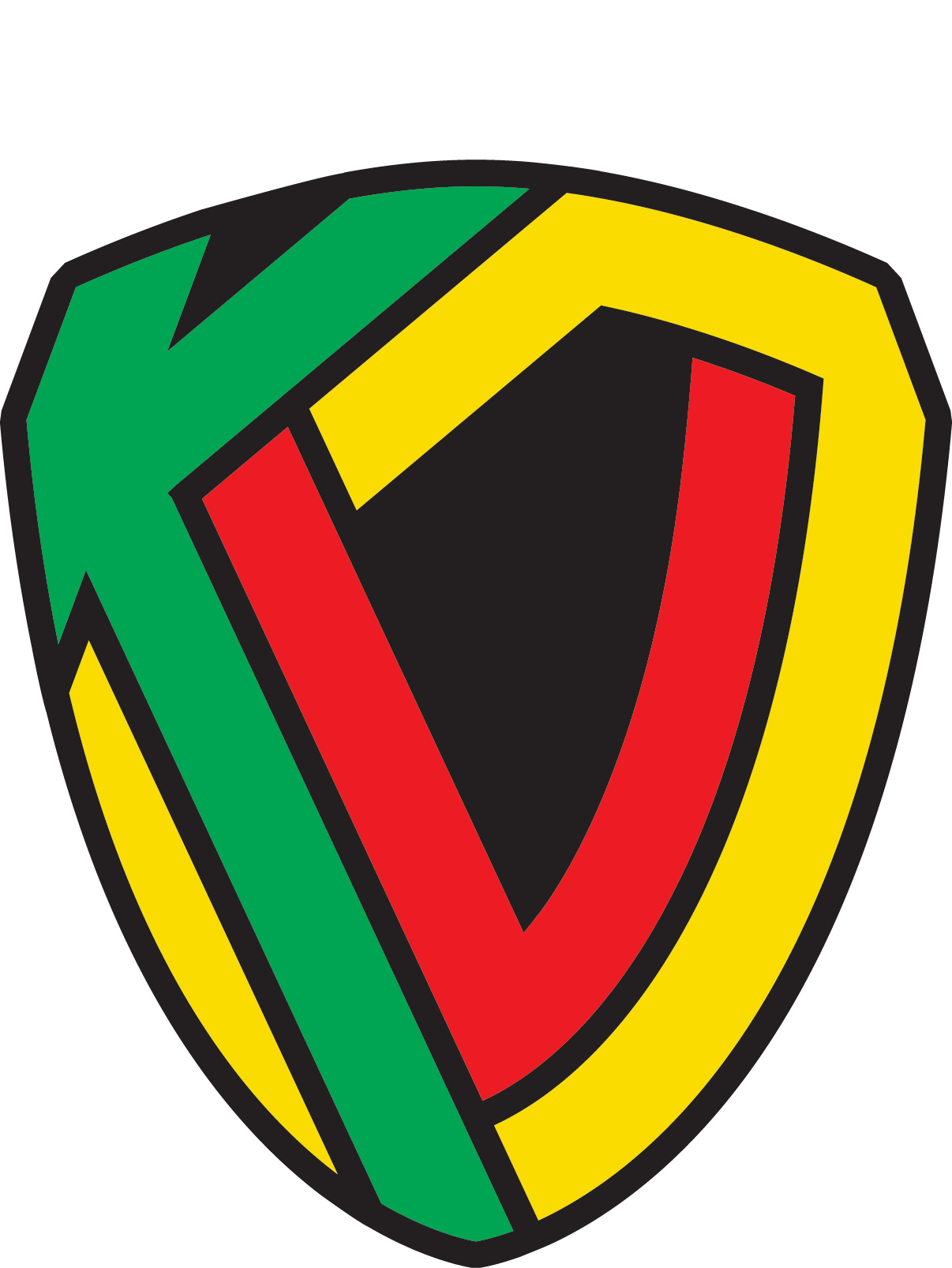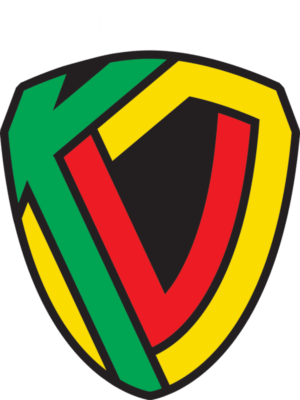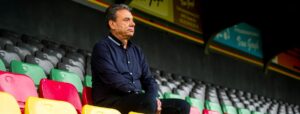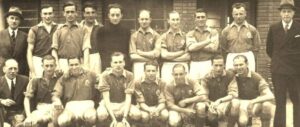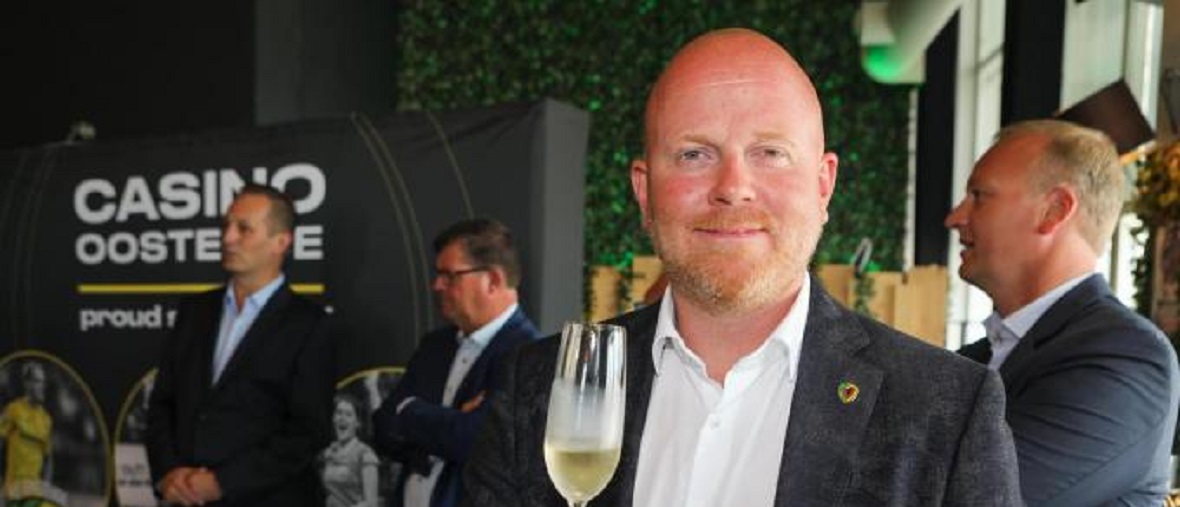
INTERVIEW OF THE WEEK: THORSTEN THEYS
KVO has obtained the license for the upcoming season, 2022-2023: "The previous seasons this was always shivering with a license often in third session, we are delighted to get the license now without too much hassle," said COO Thorsten Theys, who is happy to provide some more text and explanation on the financial and operational functioning of KV Oostende.
Did you expect us to get that license without a problem?
"Honestly? Well, yes. Our policy is to cut our coat according to our cloth, is correct and transparent, and handles the available money like a good family man. Of course, 2 years of covid is financially painful, but with our investors the club will never end up in dire financial straits. This is what the trouble-free obtaining of our license demonstrates. It is a sign that the club can look forward to the next 18 months without worries on the financial front."
However, the published financial statements showed a loss of 4.1 million.
"Financial statements are very relative and primarily a snapshot in time. First and foremost, 1.4 million euros worth of depreciation is included in that result, which are non-cash costs and therefore don't really count. In addition, the balance sheet was drawn up on 30 June 2021. That means that our two most successful outgoing transfers (Jack Hendry and Arthur Theate) are not yet included in those financial statements, because they were sold after 30 June 2021. Add to that a covid year in which we were hardly allowed to receive any audience and thus we had hardly any income and you come to this result. But if you compare that result to many other clubs, we are certainly not doing badly. And if we take into account the transfers of Hendry and Theate, plus also the amount we received for the transfer of Alexander Blessin, then it's clear that the balance sheet in June 2022 will make up for this loss. Moreover, a soccer company should not be judged on 1 year of operation, our investment in young players cannot pay off every year, these are projects and cycles every 3 years."
Bells in the press are ringing that over eleven million came in on incoming transfers - from indeed Theate, Hendry and Blessin among others - and only 500,000 was spent on incoming transfers. That money would then flow - according to critics - to the owners.
"I can firmly say that this is not the case. Not one euro has been paid out from the club treasury to the shareholders yet. So our owners do not earn anything on outgoing transfers. The investment by our owner is not aimed at generating an earning every year, you should rather see it as instead of putting your money in a savings account, you invest them in real estate hoping it will increase in value. KVO is the real estate here and is already worth at least four times more than when the club was taken over. A great investment if you ask me."
But what happens to the transfer money?
People need to realize that transfer money is not paid integrally and immediately to KVO. Most transfers are paid in instalments and often this goes up to three years. So it's not like Bologna is paying Theate's transfer fee into our account all at once. On top of that, resale clauses are often included when a player is acquired. That means that if we sell a player, we often have to pay money to the player's previous club. You should know that we often aim for players who have been sidelined by their previous club but who have great potential. The clubs may let these players leave easily but they often claim a percentage on the resale. Don't forget that last season we had a cash loss of almost 3 million euro, so you have to collect that first, which we did. Journalists write well, but I suspect their math is a little less."
There was some resentment last summer when KVO attracted players only to immediately stall them at sister club Nancy.
"KV Oostende no longer exists as a stand-alone club but is now part of a 'multi club ownership'. In short, our investors own several clubs and make a model of it, step by step. On a sporting level, it offers opportunities to stable young players at another club where they will get more chances. One club has only 11 x 90 minutes of window and progression opportunity and that is too little for our model. Just look at our youth products Berte and Stiers at Den Bosch. Furthermore, in business terms it also embraces the principle of a marriage: you help each other in good and bad days. Nancy was unable to make its own transfers due to the regulations in France, so we took the opportunity to attract a few extra players to let them mature there. Absolutely win-win, but again, you can't look at that on 1 cycle, but over 3 years. In time, those players will come back to Oostende or will be sold for Oostende's account, a bad investment for the time being. This 'multi club ownership' model helps both the players and the clubs to grow. Unfortunately things didn't go as planned at Nancy, but that's part of the game of course. Rome wasn't built in a day. You win some, you lose some."
Doesn't that mean you have to rebuild a new team every season?
"Sure, but that's also the model. We are not a club that wants to keep its players together for years, we can't do that either. We are a club that plays strategically with playing minutes: determining progression margins and trying to make progression via match minutes that should result in sporting and financial added value. We are a training club that wants to play attractively and is committed to the sustainable long term. Through the group of clubs we want to offer a career path with the chance of mutual added value. That model allows us to grow year after year. It also allows us to remain financially sound. And yes, on a sporting level, it requires adjustment every season but that is simply how we wish to operate."
Doesn't that increase the risk of relegation? Several of the investors' clubs are dangling at the bottom.
"Our investors have bought 4 European clubs in 12 months. It is only natural that some things did not turn out as planned. However, you can't judge such revolutions on one year or one season. It comes down to having a model that you are sure will pay off at a certain point and at the same time have the strength to hold out until that point arrives. Next season there will normally be 3 sackers. Everyone at Ostend knows enough probability to understand that next year cannot and should not be a transition year. So there has undoubtedly been learning money recently, but knowledge has taken its place. Gauthier has a tight plan for next season and we look forward to that challenge with gusto and lust. I note that the first season we finished fifth after the regular league and this season we finished twelfth. On average, that's shared eighth. If I compare that to restructuring done, to budget, to transfer result and so on, then in relative terms there are only a few clubs that do better in Belgium. What's the point of throwing 20 million at a club and then 12 months later losing 20 million because the 20 million was artificial and could not be borne by the club's revenues, only to have to throw 20 million at it again to close that gap? That doesn't last indefinitely and sooner or later it avenges itself."
There are also quite a few misunderstandings about our ownership structure.
"True. In fact, I often read that PMG is the main shareholder of KVO but that is not correct. PMG is one of the shareholders of Ostend Investment Company, a company that was founded to buy KVO. It is true that the American Paul Conway of PMG is the face of the various shareholders, across the different clubs, together with Michael Kalt. Paul is for example often in Europe to visit the various clubs. Actually, we have about 25 shareholders, of which - besides Paul Conway - Michael Kalt, Krishen Sud, Chien Lee and Randy Frankel are the most important ones. And don't forget that also Frank Dierckens still holds 27 percent of the shares and is thus equally a distinguished and local shareholder."
You were appointed to that structure two years ago as the club's COO and CFO. Specifically, this means that you run the operational and financial policy of the club. How do you look back on the past two years?
"I am quite satisfied. On the financial front, we have now achieved our license flawlessly and our balance sheet will turn green in the coming period. There is a plan, there is structure, there is internationalization and there is a lot of future. The club is not ours, but we manage it as if it were ours. It has not been easy to achieve this result, but little by little the ship is turning in the right direction. In the past two years, for example, we have said goodbye to twelve people. These are sometimes tough decisions, but they were necessary to ensure the survival of the club. We are now still with a very small team but when I see what we achieve with a small staff, then I am very proud of that team. Our sponsors and supporters are -in general- satisfied, we take up our social role in society, ... and that's what we do it for. Is everything perfect? Certainly not, but we do strive to do everything as well and efficiently as possible with the resources we have. "
You yourself did find yourself in the eye of the storm a few times.
"Oh well, I mainly saw some times a storm in a glass of water. The result of emotional and impulsive reactions in certain situations, mea culpa for that. Take the famous 'champagne incident' with the referees or some texting after the match at Standard. That was an impulsive reaction after each unfortunate loss of points. They then wanted to take my head off, but we won that on appeal, with which the case was also filed and reduced to its true nature. Also in the series 'Kustboys' certain statements of mine were rather magnified but I realize that this is part of television and for me the success we had with the series prevails, not what people think of me. In times of covid we have brought our club close to our commercial partners and fans and that is what I remember. Certain magnified statements are then 'collateral damage', I am happy to take that. I am also relatively new to soccer and I too learn every day. Did you hear me much after that 'champagne incident'? Am I in the newspaper or on social media every week ? I don't think so. I deliberately stayed a bit in the shadows so that the caricature can be forgotten and it can be about the essence. Getting the license in first session is a nice proof of that. I am convinced that people can make the distinction between things you say on an emotional whim and the things you deal with structurally on a daily basis."
You're also a huge proponent of a more clean soccer world.
"Belgian soccer should be an attractive brand but it has constantly been in the news in a negative way in recent years, with 'Propere Handen' as an outburst. Was I surprised by the things that came to light there? Certainly not because they also happened under a previous policy at KV Oostende. How the transfer of Dimata to Wolfsburg, among others, came about ... In that case we also sued agents Frenay and De Koster and former Sports Manager Devroe. Those abuses just have to be taken out. In the years 2018-2019 KVO still paid five (!) million euros to brokers. The past two years that has been reduced to less than a fifth of that, while we have contracted more than 15 players'.
The Pro League already appointed a new CEO with Lorin Parys. That can also help to start with a clean slate..
"I welcome his appointment and I told him so at the Pro League meeting. His first match weekend in his new position he was our guest right away. He can certainly bring a new, necessary breath of fresh air to the Pro League. Although I realize that he alone cannot change everything immediately. With KVO, we also want to take a leading role in changing certain things. Take the multiple voting right in the Pro League. This does not exist in any league in the world, but it does in Belgium. I call it the cordon sanitaire of soccer. The distribution of television funds should also be much more economic, partly according to the size of the club, partly performance-based. I also note that more and more clubs are coming into American hands, most recently Standard and RWDM. That can also cause a change in the Pro League, because Americans think much more business-like about sports than Europeans. For them, there are no big or small clubs and when they see that Standard fought against relegation and Genk almost didn't make the Play Offs, it strengthens them in their conviction. The exciting thing about the league is that each can win from each, not that you have the 'big' and the 'others'. We need to move towards a fairer soccer model that benefits all clubs, with only 1 size and 1 weight. I think that if Lorin can first of all ensure that there is a common interest within the interest group that is the Pro League, then we are already one step further. In all fairness I do have to add that since the departure of Pierre Francois and Peter Croonen, combined with the efforts of Wouter and Vincent there is a different energy within the Pro League, so I am extremely hopeful."
Last but not least, a curtailment of tax benefits for soccer is also on the table.
"I would be happy to write books about this, but in this, on the one hand, it is not for me to make statements about it and, on the other hand, it is not wise to make statements about it. This is because this is a matter for the Pro League and all the clubs together. Of course we have our opinions but at the moment we prefer to work in silence and serenity in the lap of the 26 professional clubs to do what is right and responsible for soccer. Taxation and social security are a tricky and topical issue and at the moment working in the lee of that is the best plan. Let's come back to that in a few months."
